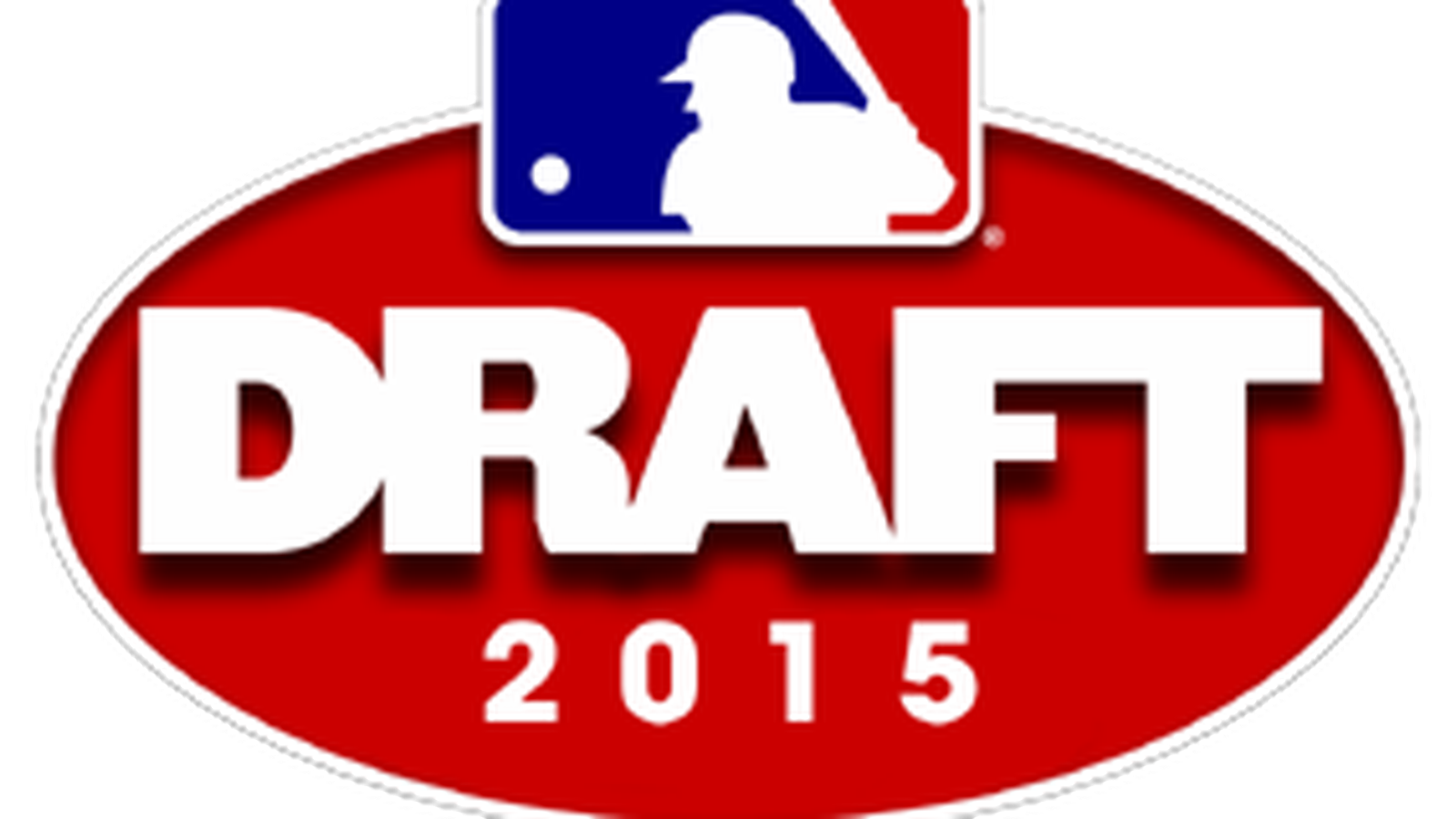
Normally I don't fall into the hype just because everyone else is doing it but everywhere I see people are raving about the article that Andrew McCutchen posted on Derek Jeter's blog The Player's Tribune. McCutchen wrote about the hardships facing poor youth when it comes to being able to play Little League Baseball. It also touches on this past season's Little League World Series and honestly, this one time anyway, I am glad I fell into the hype and read the article. I will leave you with an excerpt down below from the article and I will ask you to check out the rest of the article
HERE because it's lengthy but totally worth it and enjoyable.
A bunch of 12-year-old kids had their hearts broken this week. Jackie Robinson West, a team from Chicago’s South Side, won the U.S. title at the 2014 Little League World Series. They achieved their dream in dramatic fashion. I remember watching their pitcher give up the go-ahead homer against Nevada in the title game and he was so crushed that he physically doubled-over on the mound. His team fought back and won in an amazing game, and the joy on that kid’s face after the final out was something that made even me jealous.
During the celebration, the cameras cut to a gym on Chicago’s South Side where people were gathered to watch, and they were going crazy supporting these kids and their community. It felt so good to see that the game I love still matters in the inner-city.
Then on Wednesday, Jackie Robinson West was stripped of its title for using players who lived “outside the geographical area.” There’s been a lot of the debate about what happened here, but one thing is clear to me. The incident shined a light on a very complicated issue. Baseball used to be the sport where all you needed was a stick and a ball. It used to be a way out for poor kids. Now it’s a sport that increasingly freezes out kids whose parents don’t have the income to finance the travel baseball circuit.

I grew up in Fort Meade, Florida. Our town had literally one stoplight. It didn’t even have a McDonald’s until a few years ago. But we did have a baseball field and a football field. I spent most of my days in the dirt, having fun. From the time I first stepped up in front of a tee-ball stand, I was trying to waggle my bat just like Ken Griffey Jr. Honestly, I was kind of a natural. My grandad used to come out to the field with a big camcorder and tape my tee-ball games. I used to think him and my dad were lying about how good I was back then, but I stumbled upon the tapes a few years ago and I was crushing balls off the walls and running around the bases like crazy. I was good.
But the thing is, nobody outside of Fort Meade knew who I was, even when I was 12 years old, the same age as those kids playing in the Little League World Series. When you’re a kid from a low-income family who has talent, how do you get recognized? Now, you have to pay thousands of dollars for the chance to be noticed in showcase tournaments in big cities. My parents loved me, but they had to work hard to put food on the table, and there wasn’t much left over. They didn’t have the option of skipping a shift to take me to a tournament over the weekend. The hard choices started when I was very young. “Do you want that video game system for Christmas, or do you want a new baseball bat?”
A lot of talented kids my age probably picked the Playstation, and that was it. It was over for them. I always chose the new bat or glove. But all the scraping and saving in the world wasn’t going to be enough for my family to send me an hour north to Lakeland every weekend to play against the best competition. That’s the challenge for families today. It’s not about the $100 bat. It’s about the $100-a-night motel room and the $30 gas money and the $300 tournament fee. There’s a huge financing gap to get a child to that next level where they might be seen.
Thankfully, an AAU coach by the name of Jimmy Rutland noticed me during an All-Star game when I was 13-years-old and asked my father if I’d ever been on a travel team. At that point, I had barely left the county. My dad told him that it was just too expensive, and coach Rutland basically took me in as if I was another one of his sons. He helped pay for my jerseys and living expenses. My parents took care of what they could, which was basically just money for food.
But this wasn’t a Disney movie ending. It wasn’t like Jimmy noticed me and I went straight to the top. That was just the first step. There were so many things that had to happen for me to get to where I got. If you’re a poor kid with raw ability, it’s not enough. You need to be blessed with many mentors to step in and help you. Kim Cherry, Michael Scott — I could list so many names of people who took me in and treated me as if I was their own son. When people talk about the Jackie Robinson West team and blame the adults who took in kids from outside the boundaries that the Little League organization set, remember that those adults may be saviors to those kids. They’re the ones buying them shoes when they need it or an extra protein drink after the game.











